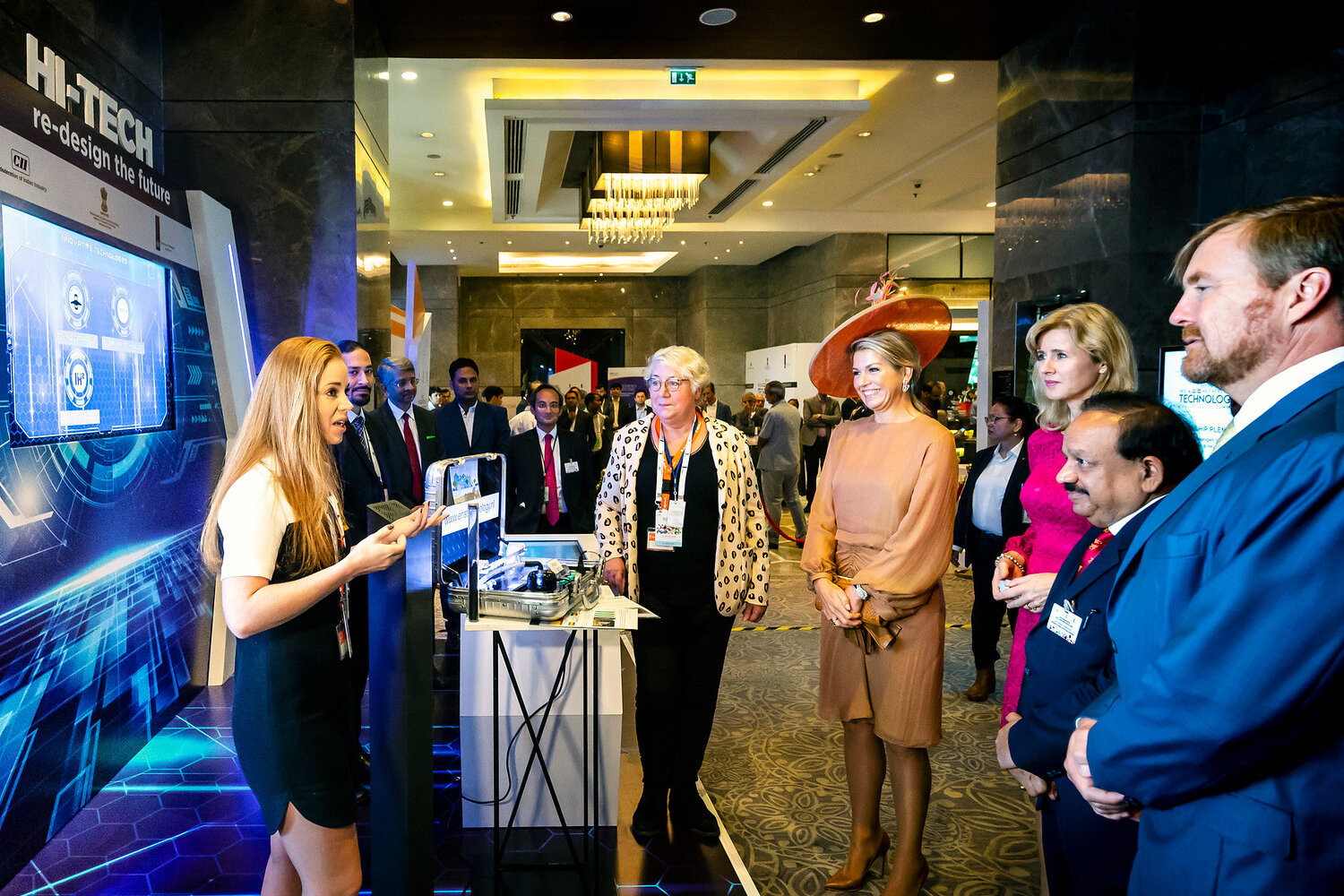What to do if your intellectual property is infringed in India? According to our lawyer Van Lavanya, as a European company, you have three options: send a Cease & Desist letter, initiate civil or criminal proceedings. She explains when which remedy applies and what to expect at each step.
Cease & Desist letter
When there is counterfeiting (the unauthorized imitation of a branded product) and/or piracy (the unauthorized copying of a product protected by intellectual property rights), the first option available to the aggrieved party is to send a Cease & Desist letter requesting that the infringing acts cease(cease) and remain ceased(desist).
The purpose of this letter is to resolve the dispute quickly and without litigation. Moreover, this means is very cost-effective to enforce IP laws before taking legal action. It is recommended that this letter be sent by an attorney to show that the company is considering legal action.
Should the cease and desist letter not work, the aggrieved party can always decide to go to court. Indian IP law has both civil and criminal approaches for this purpose:
Civil action for IP infringement
The civil action is designed to stop the distribution, manufacture or sale of the infringing product. A choice can be made to bring a claim for damages or to gain insight into the infringing party's accounts.
If insight into the accounts is chosen, the infringing party must hand over the profits they made from the illegal activities to the injured party. In a claim for damages, the court sets an amount to be paid by the infringing party.
During ongoing civil proceedings, the court may even issue injunctions designed to prevent imminent infringement of IP rights. The court can impose an ad interim injunction on the opposing party. This is prohibiting any action with the aggrieved party's product until the dispute is resolved. However, the injured party must be able to show that if the temporary injunction is not granted, it will result in irreparable losses.
The Mareva injunction also protects the interests of the aggrieved party during litigation and is granted to stop the opposing party from selling its products or services until the trial ends.
Further, under a Anton Pillar Order, a company may go to the opposing party's location with a court-appointed commissioner to search and seize relevant documents and counterfeit goods. This may be decided to prevent the removal or destruction of evidence before trial.
If the infringing party is unknown (for example, if it is an e-commerce company), action can still be taken on the basis of a John Doe order. This gives prosecutors the freedom, with the help of a court-appointed commissioner, to raid locations where infringement activity may be occurring.
Learn how to protect your intellectual property already when setting up your entity in India
Criminal proceedings for IP infringement
In India, IP rights are private rights enforceable through civil proceedings. Yet the Trademark Act, the Copyright Act and the Geographical Indications Act, also have criminal remedies. Penalties can range from 6 months to 3 years in prison and a fine of 50,000 to 200,000 rupees (550 euros to 2250 euros).
Under these laws, suspects are subject to prosecution and police can conduct raids and seize property without a court order.
Because criminal investigations take a long time to complete, there is a large backlog of cases in these courts. To get around these years of proceedings, the courts have created an option of plea bargaining. In this case, the offending party accepts its guilt in exchange for remission of jail time and compensation for damages suffered by the injured party.
Always seek legal advice first
It is important to always seek legal advice first about suspecting that someone is infringing on your intellectual property rights. Making threatening demands without proof is illegal.
An intellectual property legal expert can help you determine whether the infringement of your property rights is actionable and where to report it. If you choose to file a civil lawsuit as well, a local IP lawyer can help you file and build a strong case.



